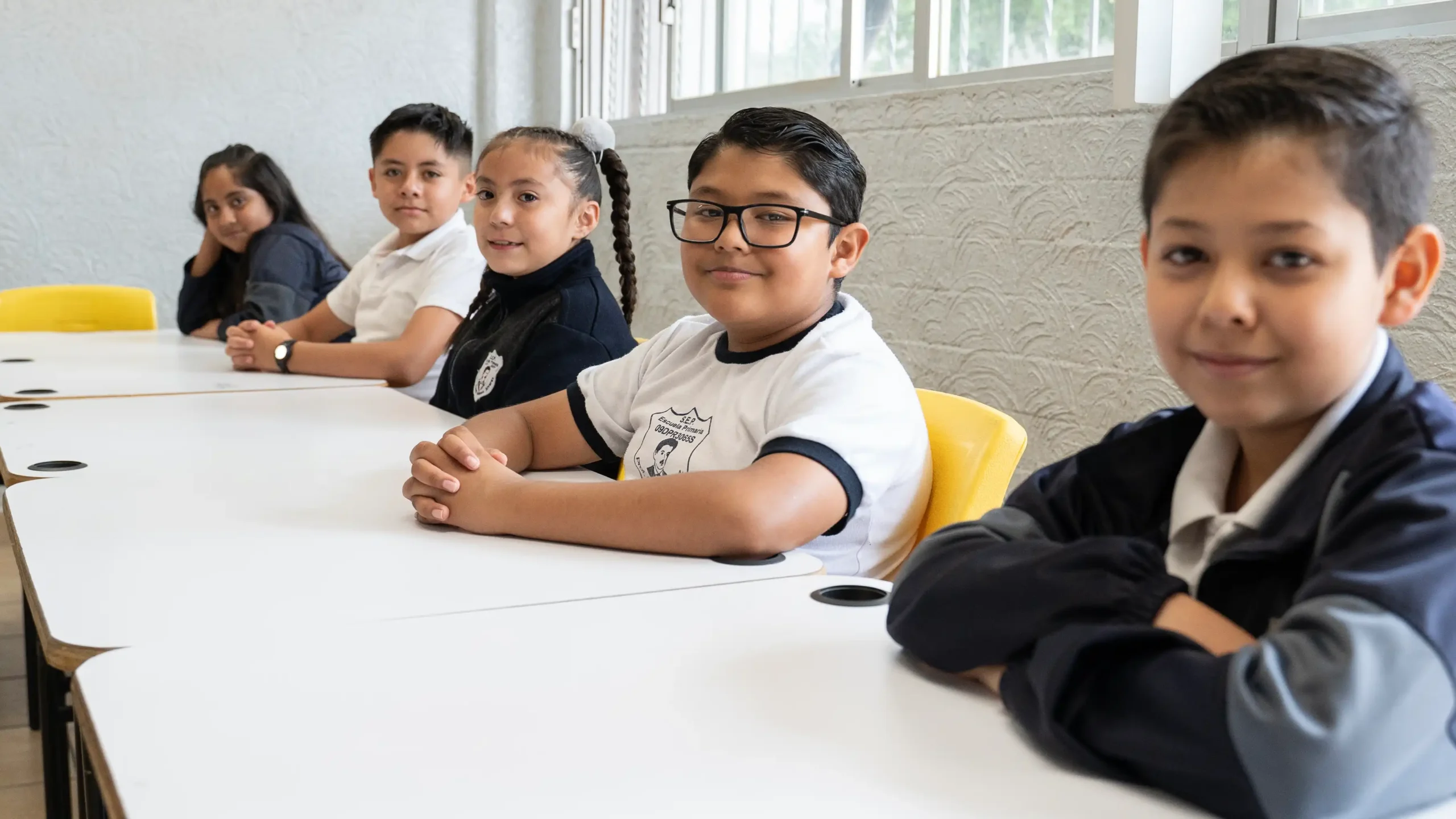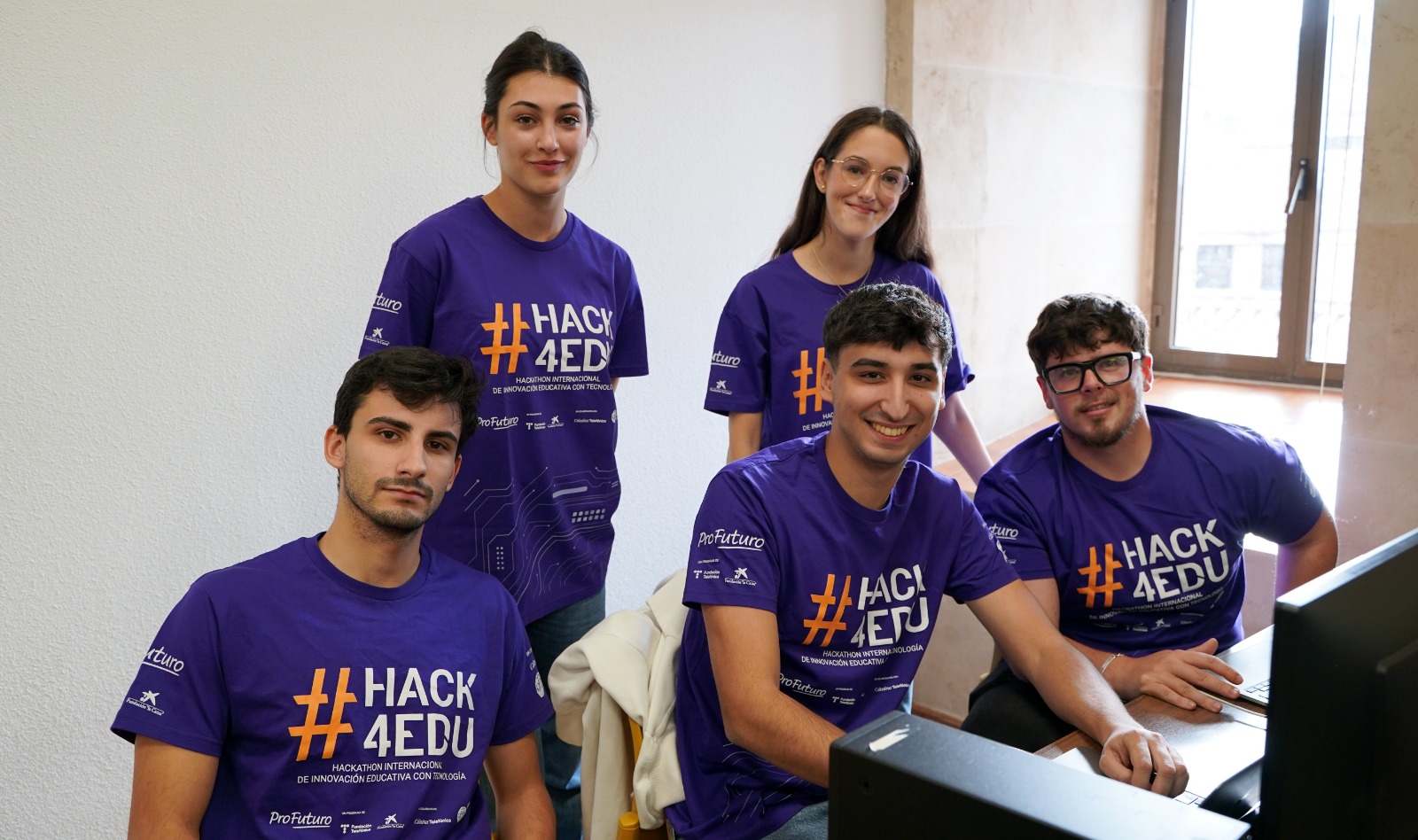The concept of “evaluation” is rarely well-received. For some people it’s been regarded as a control mechanism or a threat to autonomy. However, what recent years have shown us is that its importance in social intervention is decisive and determinant. Evaluation serves as a driver of reflection and strategic building and it’s an essential component of the success of any programme. Therefore, one of the biggest challenges facing institutions is the setting up of an organisational culture that places value on evaluation as a learning process to improve programmes and policies.
First of all, what’s an evaluation? According to the dictionary, it’s the act of indicating the value of something. Within the context of a social intervention, an evaluation is defined as a systematic and objective process that’s used to compile, analyse and interpret relevant information. It seeks to determine the effectiveness, efficiency and relevance of a programme, project, policy or intervention. The evaluation seeks to obtain reliable and valid information to enable informed decision-making, implement improvements and measure the impact of specific actions.
What are the pillars of an effective educational evaluation?
We share the main elements to be taken into account below, together with the key questions associated with each of them:
- Purposes of the evaluation: Which specific aspects need to be evaluated and understood?
- Indicators and criteria: By which clear and measurable parameters will the progress and success be evaluated?
- Data collection: Which methods and tools are best suited to compiling relevant information? Will interviews, questionnaires, participant observation and other digital resources be used?
- Data analysis: Once the information has been collected, how will the data be analysed to identify significant trends and patterns? Which lessons can be drawn from these findings?
- Feedback and improvement: Based on the results obtained, which adjustments and improvements can be made to the design and implementation of the project in order to optimise its effectiveness?
For further information on these pillars, we recommend this article from our ProFuturo Observatory.
Evaluation in vulnerable contexts
When we enter vulnerable contexts, the need to move away from “city thinking” comes into play. This approach reveals the tendency to apply urban logics to vulnerable local environments. However, local realities don’t always conform to these logics, limiting the effectiveness of the evaluation of the programmes and the ability to improve them upon the basis of the feedback received.
At ProFuturo we understand this reality and acknowledge the importance of a thorough understanding of the local context, taking into account socio-economic, cultural and geographical factors. This enables us to tailor our evaluation approaches to the specific needs and challenges of each community.
Furthermore, the active participation of the community in the evaluation process is vital to guarantee its success. Teachers, as the pillars of the educational transformation in our programme, have a better understanding of schools’ needs and opportunities and educational dynamics, which is why we work with them to establish the appropriate indicators for the data collection. This procedure, combined with a continuous monitoring and feedback process, allows us to effectively adjust and improve our educational interventions.
If you’d like to learn more about this topic, we encourage you not to miss the second part of this story next week, when we’ll delve deeper into the local factors that influence the measurement of the impact. We also recommend reviewing the content of the eight main lessons learnt from the evaluative practice by Miguel Galbis, an expert in the reinforcement of organisational capabilities and increasing the impact of projects.
#EducatingTransforms
Do you want to know more about ProFuturo’s commitment to education?
Further information available at: https://profuturo.education/
X: @ProFuturo_
IG: @profuturo_
FB: @ProFuturoEducation
YT: ProFuturo
LK: ProFuturoEducation






